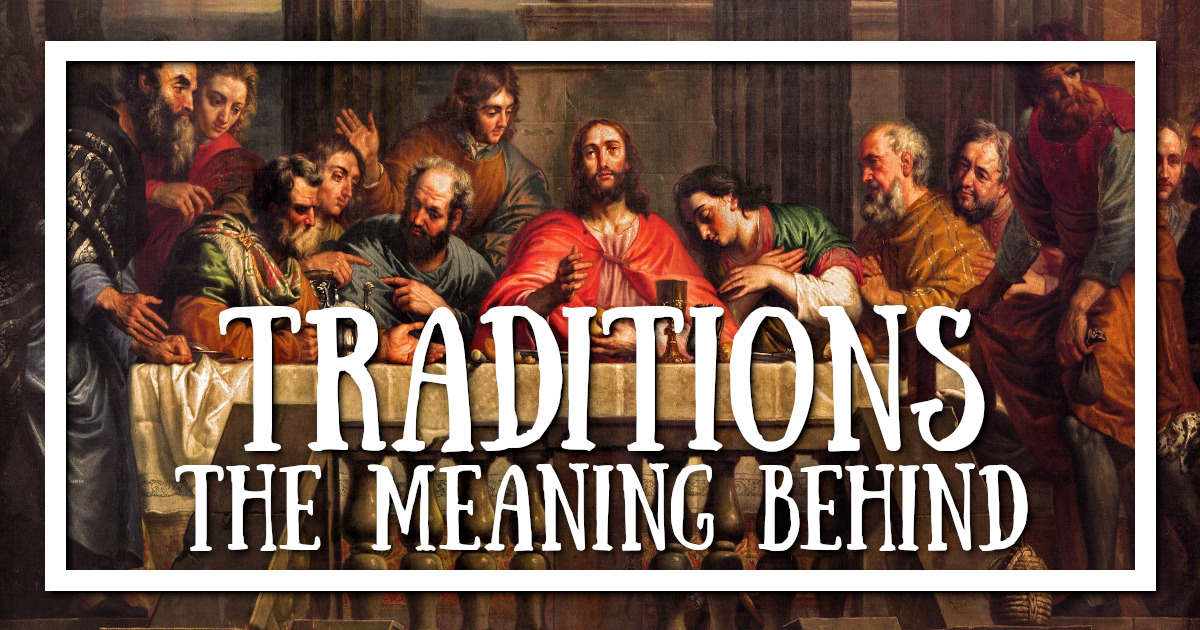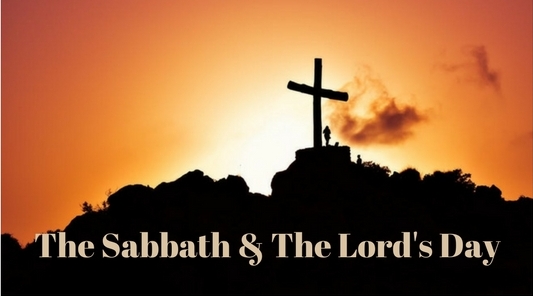Reference




OpenAI's Answer
Observing the Lord's Day, traditionally Sunday, is rooted in Christian tradition and biblical interpretation. Various Christian denominations emphasize this day based on scriptural references and historical practices. Here are some reasons why certain traditions focus on the Lord's Day:
-
Biblical Foundation: The practice is often associated with the resurrection of Jesus Christ, which is believed to have occurred on a Sunday. This is supported by passages such as Matthew 28:1 and Mark 16:2, which describe the resurrection happening on the first day of the week.
-
Early Christian Practice: Historical records indicate that early Christians gathered on the first day of the week for worship and fellowship. Acts 20:7 mentions the disciples coming together to break bread on the first day, suggesting it was a day set apart for communal worship.
-
Theological Significance: For many Christians, the Lord's Day symbolizes new creation and redemption, reflecting the new covenant established through Jesus' resurrection. This theological emphasis encourages setting the day apart for worship, rest, and reflection.
-
Sabbath Reinterpretation: Some traditions view the Lord's Day as a Christian reinterpretation of the Jewish Sabbath. While the traditional Sabbath is observed from Friday evening to Saturday evening, the Lord's Day serves a similar purpose of rest and worship within a Christian context.
-
Church Tradition: Over centuries, the institutional church has reinforced Sunday observance through teachings and practices. This tradition has become ingrained in many Christian communities, influencing cultural norms and weekly routines.
By focusing on the Lord's Day, these traditions aim to honor the significance of the resurrection and maintain a rhythm of rest and worship that aligns with their theological beliefs.